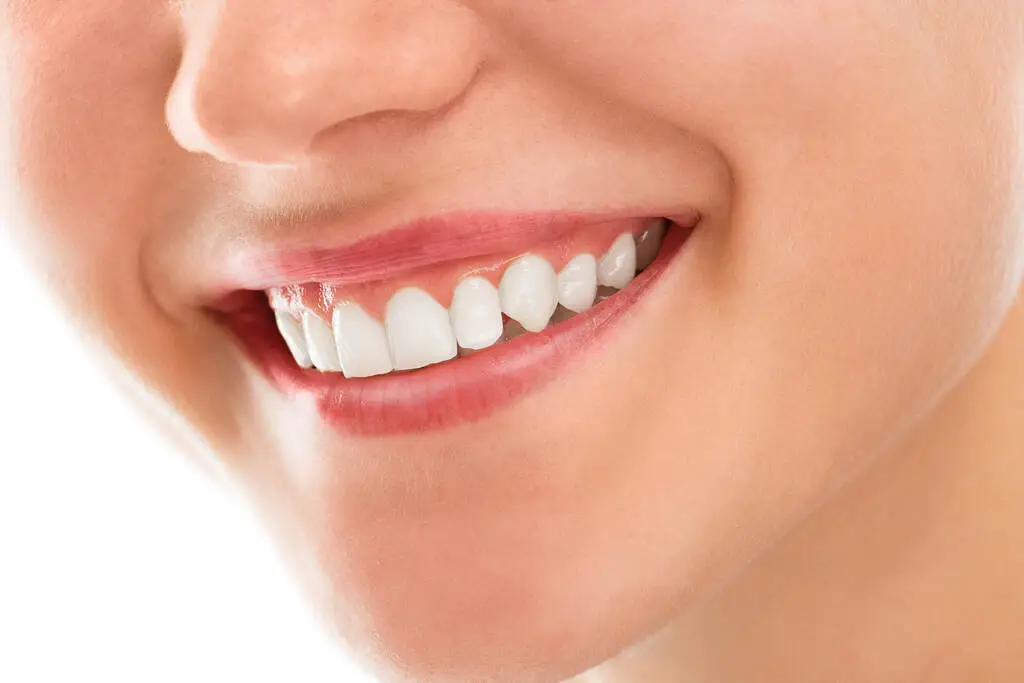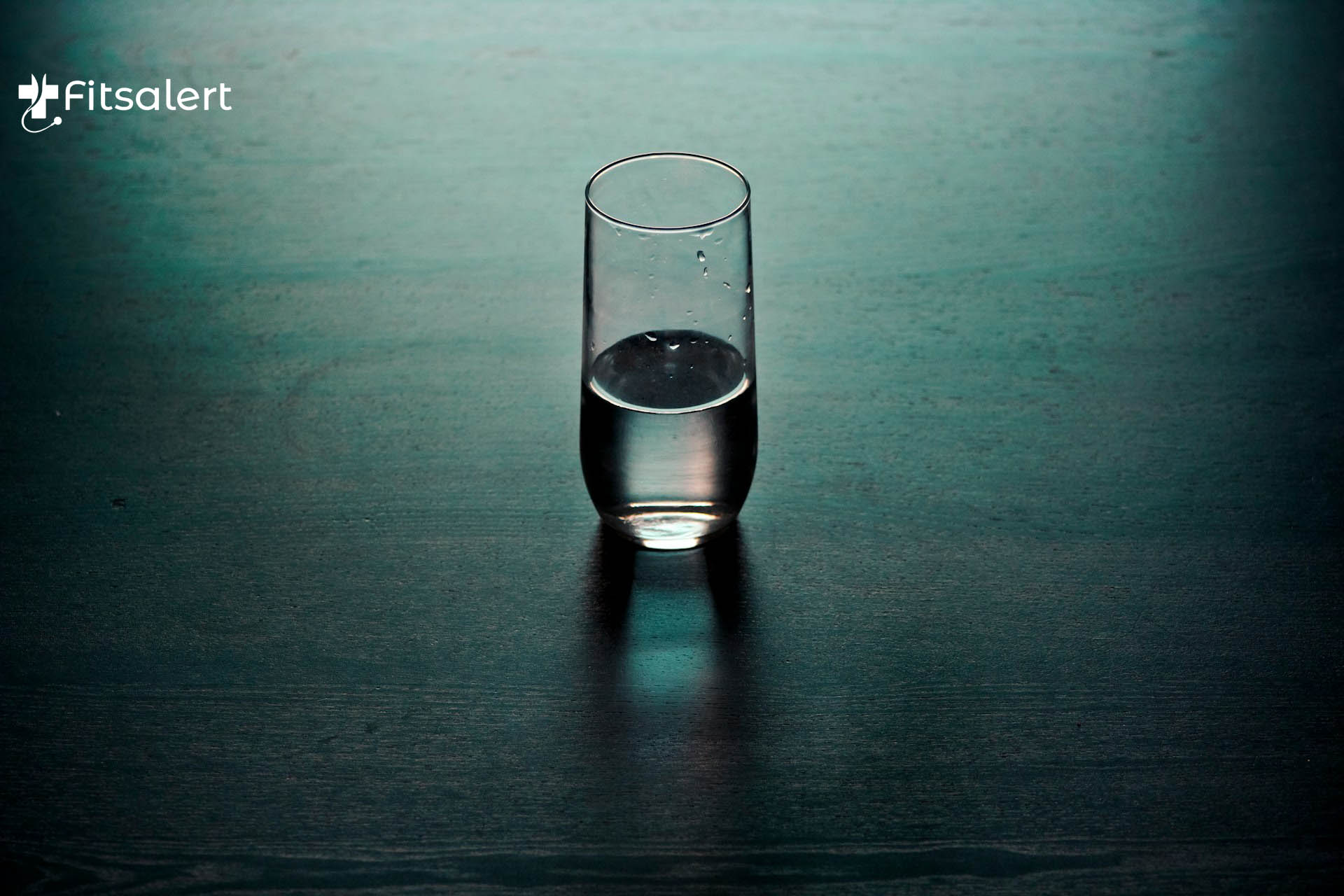As per a survey, a significant 80% of adults aged 18-49 in America express a desire for whiter teeth. This interest is reflected in the significant investment made by Americans, which amounted to over $1.4 billion in at-home whitening products in 2016.
When it comes to whitening your teeth, there is a wide array of products available to choose from.
Nevertheless, the majority of whitening products rely on chemical bleaches, which may raise concerns for some individuals. For those learning to make teeth whiter naturally, this article provides a range of natural and safe alternatives.
Brush Using Baking Soda
Baking soda possesses natural whitening qualities, making it a common ingredient in commercial toothpaste. Its mild abrasive nature aids in removing surface stains from teeth. While also creating an alkaline environment in the mouth, hindering bacterial growth.
Although not an instant remedy, regular use of baking soda can gradually enhance the appearance of your teeth.
A study discovered that kinds of toothpaste containing baking soda were notably more effective in reducing plaque, gum inflammation, and bleeding compared to regular toothpaste lacking baking soda.
Moreover, another review concluded that toothpaste with baking soda may offer superior stain removal and teeth whitening benefits compared to other toothpaste varieties. To utilize this remedy, combine 1 teaspoon (6 grams) of baking soda with 2 teaspoons of water (5 ml) to form a paste. Brush your teeth with this mixture a few times per week.
Fruits & Vegetables
A diet rich in fruits and vegetables can benefit both your overall health and your dental hygiene. Although they cannot replace regular brushing, crunchy raw fruits and vegetables can assist in removing plaque as you chew. Strawberries and pineapple are among the fruits believed to have teeth-whitening properties.
Strawberries
Using a blend of strawberries and baking soda to whiten teeth is a natural approach that gained popularity through celebrity endorsements. Supporters suggest that the malic acid in strawberries can eliminate tooth discoloration, while baking soda can scrub away stains. However, scientific evidence supporting this method is still inconclusive.
Although strawberries may contribute to the peeling of yellow teeth, they are unlikely to effectively penetrate tooth stains. Research from 2015 indicates that a mixture of strawberries and baking soda resulted in minimal color alteration in teeth compared to commercial whitening products.
If you choose to experiment with this method, it’s advisable to restrict its application to a few times weekly. Despite research indicating that a mixture of strawberry and baking soda had minimal impact on tooth enamel. However, overuse of this method could potentially lead to damage.
To utilize this remedy, mash a fresh strawberry, mix it with baking soda, and apply the paste to your teeth for brushing.
Pineapple
There are reports that pineapple may have teeth-whitening properties. A study discovered that a gel containing bromelain, an enzyme that is present in pineapples, showed promise in removing tooth stains.
However, consuming pineapples themselves hasn’t been proven to produce the same whitening effect.
Regular Brushing & Flossing Make Your Teeth Whiter
While teeth naturally darken with age, much of the discoloration is due to the accumulation of plaque. Consistent brushing and flossing are essential for maintaining white teeth as they reduce bacteria in the mouth and prevent plaque buildup.
Toothpaste works to gently eliminate stains, while flossing removes bacteria that contribute to plaque formation. Regular dental cleanings are also beneficial in keeping teeth clean and bright.
Stop Tooth Stains Before They Occur
As you age, your teeth naturally develop a yellowish tint. However, there are steps you can take to minimize stains and maintain a brighter smile.
Limiting Beverages and Staining Foods
Coffee, red wine, soda, and dark berries are well-known for staining teeth. While you don’t have to completely give them up, it’s best to minimize the time they spend on your teeth. Consider using a straw when drinking these beverages to reduce direct contact with your teeth.
Additionally, aim to brush your teeth approximately an hour after consuming them to limit their staining effects. Furthermore, cutting down on or quitting smoking and chewing tobacco can also help prevent tooth discoloration.
Reduce the Sugar Consumption
To achieve whiter teeth, reduce your sugar consumption. High-sugar diets promote the growth of Streptococcus mutans, the main bacteria responsible for plaque and gingivitis.
After consuming sugary foods, make sure to brush your teeth promptly to minimize their impact.
Increase Calcium Intake
Certain foods can contribute to yellow teeth by removing the enamel and revealing the yellow dentin underneath. Strengthening your enamel can preserve the whiteness of your teeth. Consuming calcium-rich foods like milk, cheese, and broccoli may aid in safeguarding your enamel from decay.
Other Scientifically Unproven Methods
Several additional natural teeth whitening techniques exist, although their safety and efficacy lack scientific backing. These scientifically unproven methods include:
Activated Charcoal
Activated charcoal is praised as a method to extract toxins and eliminate teeth stains, but studies suggest it’s likely ineffective.
Kaolin Clay
Brushing kaolin clay is also suggested to remove stains from teeth.
Peel Rubbing
Another method involves rubbing orange, lemon, or banana peels on teeth for whitening.
Apple Cider Vinegar
However, there’s no evidence supporting apple cider vinegar’s efficacy in whitening teeth; in fact, it may weaken enamel and increase tooth decay.
Supporters of these techniques declare that they lead to noticeably whiter teeth, yet there’s no scientific proof evaluating their efficacy. As a result, they haven’t been checked for any possible side effects when used on teeth.
Final Thoughts
There are various natural methods available to brighten your smile. These approaches typically function by gently eliminating surface stains from your teeth. Nevertheless, it’s important to note that most dentists provide professional whitening treatments that are more potent compared to these natural remedies.
These treatments involve bleaching the teeth and may be more effective for severe tooth discoloration. It’s essential to avoid excessive use of any whitening product, as it could potentially harm your teeth.
Always consult with your dentist to explore your options and determine the most suitable approach for your needs.









